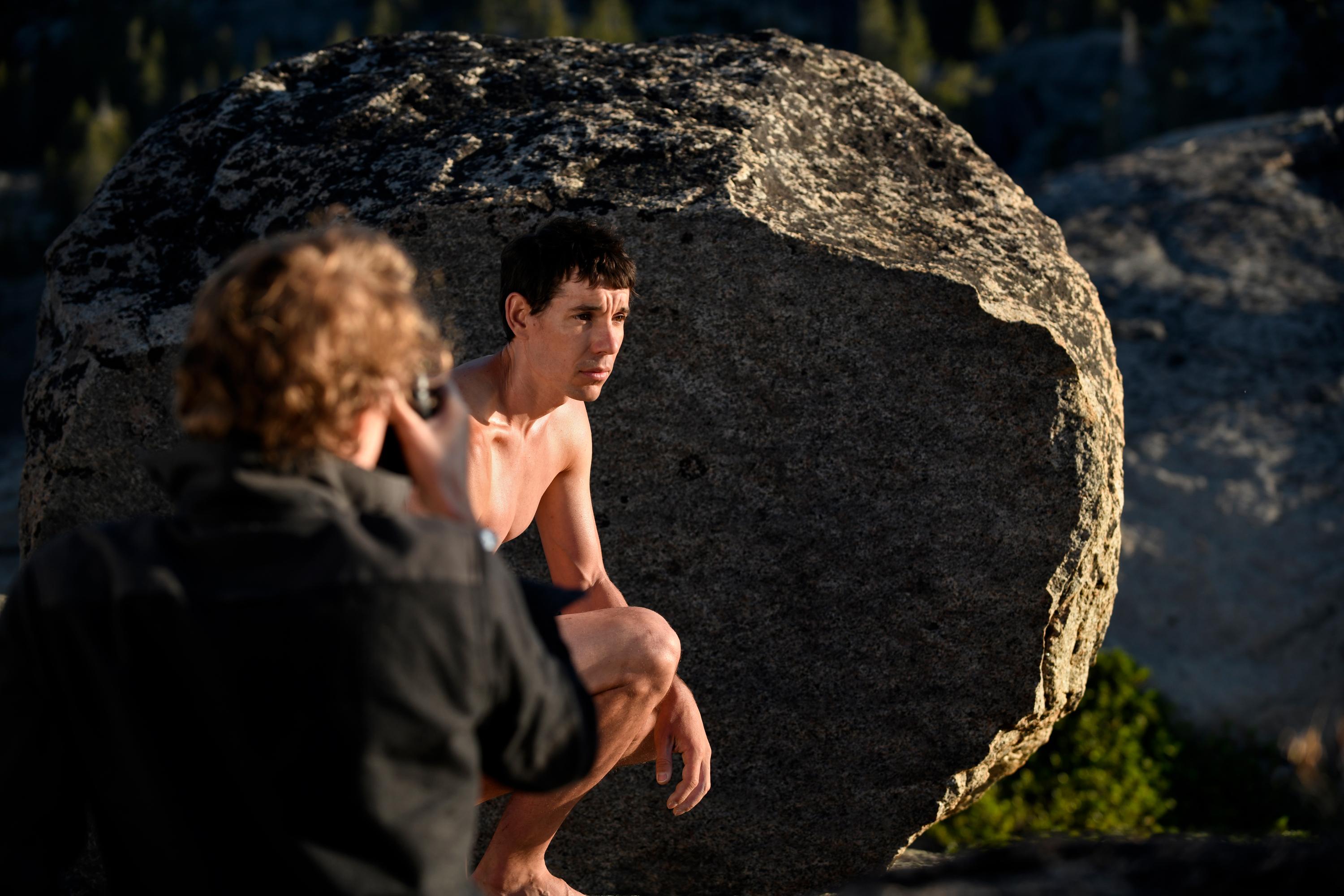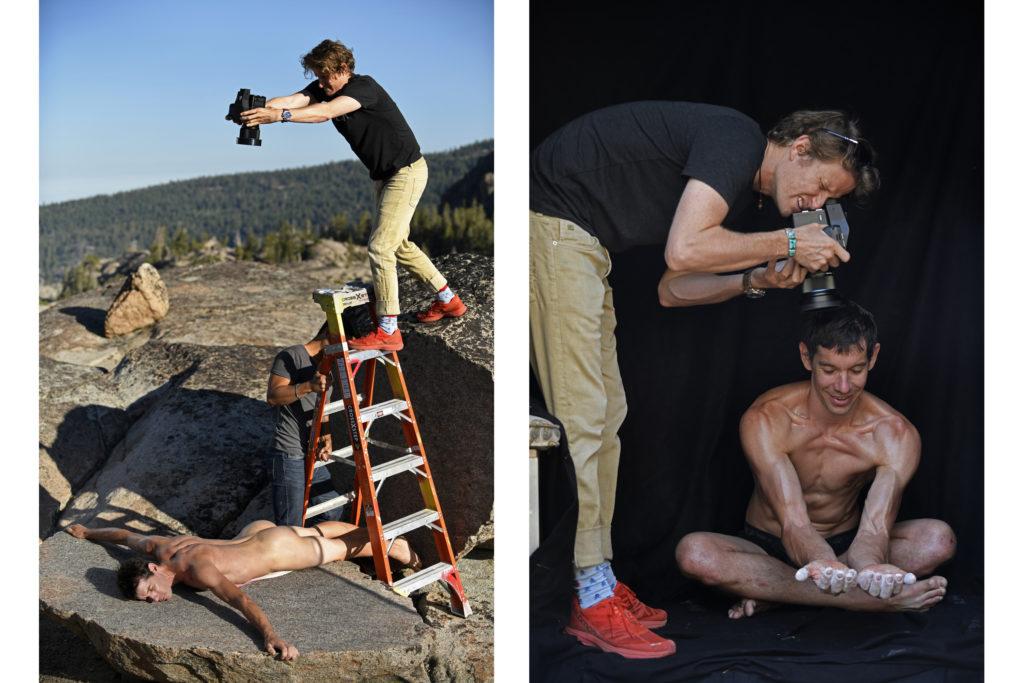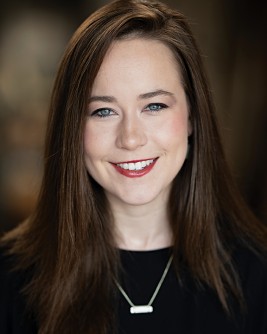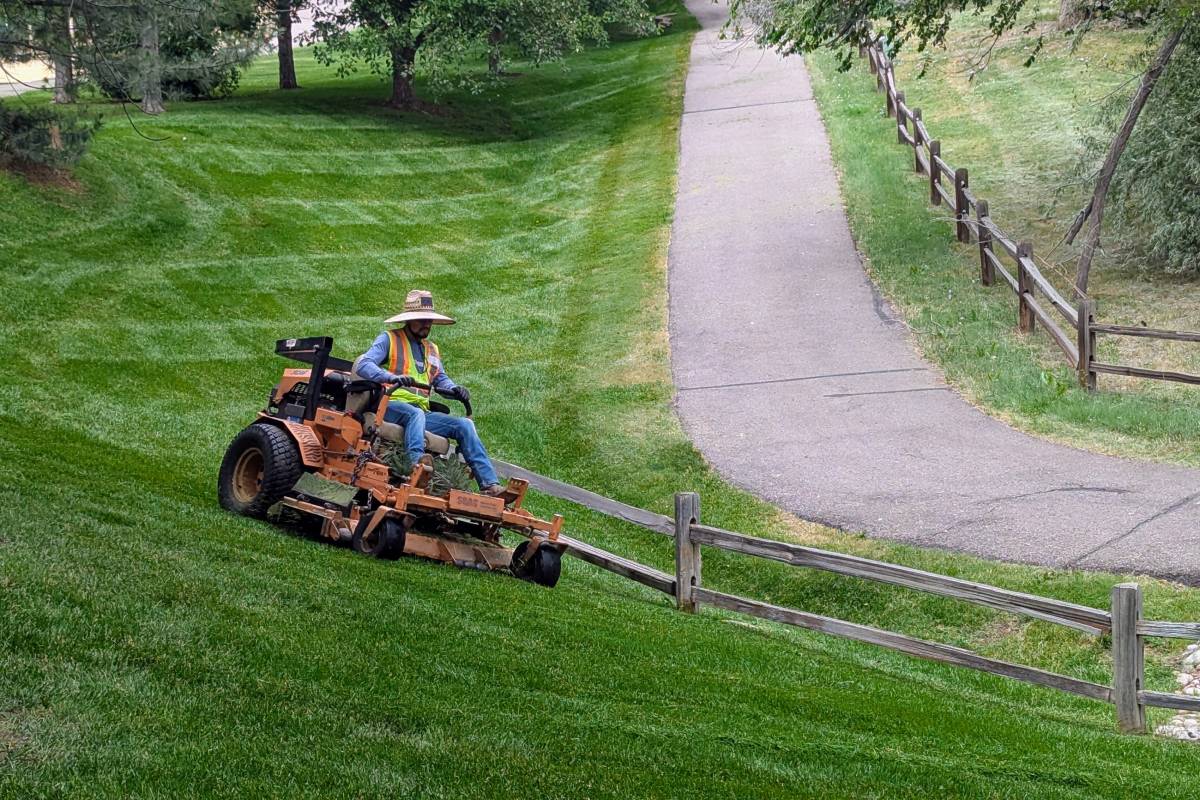
After the world watched Alex Honnold ascend to the top of Yosemite's El Capitan without the security or support of any ropes, it would surprise no one to learn that he's, well, rather muscular.
But when you actually see all (all) of those muscles on the cover of ESPN's annual Body Issue, it's still a bit of a shock.
The photographer who captured Honnold in his birthday suit is Coloradan and fellow mountaineer Cory Richards. He and Honnold have known each other for years, and that rapport built trust in a vulnerable situation. Plus, that shared background in climbing helped Richards know what poses to capture.
The experience helped both Honnold and Richards appreciate their bodies, not always an easy feat for athletes.
"I think that the message that I take from the Body Issue is just how interesting it is that everybody's body morphs to whatever they need it to do," Honnold said in an ESPN video. "How the human form is so malleable to the stimulus you apply to it, like if you need it to do one thing, it'll do that thing if you train hard enough."
"The value that I pull from it is showing how we are all so different and yet how we are all so similar," Richards said. "Different sports and different activities obviously create different kinds of bodies, but the body, that is the constant in all of it."
Richards talked to Colorado Matters about the experience photographing Honnold and creating a non-sexual nude.
Interview Highlights
On taking nudes that don't sexualize the subject, but instead emphasize their athleticism:
"In general, our culture especially tends to sexualize the naked body. We see somebody naked and we automatically, whether intentionally or not, we put it in a sexual context.
What's so important about the Body Issue for ESPN, and certainly as a photographer participating in it, is that we avoid that at all costs. Because the body isn't necessarily, and in fact very rarely, is a sexual object. More often, it is a utilitarian object. It is something that we use day in, day out, to accomplish all the things that we do on a daily basis to survive, to live and certainly to love. We tend to put too much emphasis on one tiny part of it.
And so photographing that, coming from a climbing background, I wanted to really sort of look at the function of Alex's body primarily, and what movements, what motions, what postures, what positions we could put him in that would both have some degree of modesty, but also celebrate the athleticism that he of course has become known for."

On helping Alex Honnold feel comfortable and appear relatable:
"All I tried to do was ask him to do things that didn't expose him overtly. And also, we worked hard to keep the set and the crew to a minimum. I called him a few times before and I said, 'Look, I have some concepts here and there. They could get a little weird in terms of what I might have you do, but I promise it's a celebration of you, and I'm not trying to put you in a vulnerable situation that could reflect poorly on you.'
What Alex achieved when he free-soloed El Capitan, that accomplishment seems rather inhuman to a lot of people. It's almost overt, and it's unrelatable. Because of that, I really wanted to celebrate that which was relatable about Alex. So, as much as it was a celebration about his body, I also wanted it to be a celebration of his humanity, and the fact that while he's been able to accomplish certain things that seem inhuman to us, he is still very much human."
On communicating both the physical and mental strength of climbing:
"It's important to know what kind of tension climbing requires. And so using that knowledge, I use that as a backdrop, and that's where certain positions, like (the one) in the cover shot where he's doing what's called a chimney (came from).
I knew that if we had him pushing as hard as he could oppositionally against two separate walls, that's going to engage as many muscles as possible really in any climbing position. Knowing those positions is what allows me to sort of photographically celebrate the musculature and the structure of his figure in order to tell the story of what a climber's body becomes after repeated stimuli.
Communicating the mental aspect in a still photograph is really, really hard. I think one of the ways that I wanted to do that, or I tried to do that, was with just a very straight frontal portrait, and he's just sitting there sort of looking down and into the camera. There's a fortitude that is embodied in Alex that he can't avoid, even in any sort of most relaxed gaze. He owns this mental fortitude. What's interesting though is in that same photograph, there's an element of softness. There's an element of vulnerability there. There's still a child, sort of like a childlike nature to Alex himself, so it's an interesting balance."
On body image and the value of the Body Issue:
"Well, I'll be really honest with you. As an athlete, I have body issues, body image issues. I think we all do. I think oftentimes we look in the mirror, and no matter what our physique or form is, we wish for things to be different. We want it to be 'better.' And what I see, the value that I pull from it is showing how we are all so different and yet how we are all so similar. Different sports and different activities obviously create different kinds of bodies, but the body, that is the constant in all of it. And what I hope for this is that it inspires people to go out and be active, and engage their body and use this incredible gift that we have to achieve whatever it is that they want to achieve. To treat their bodies well.
But also I would hope that it would sort of encourage us to value our bodies as they are. To see them as beautiful, to see them as complete in the way they are, where they are, when they're there. And as somebody who myself has struggled with body image issues, I think it's really, really valuable to take off our clothes and simply look at ourselves in a real honest light and accept that, and start to see that we are inherently beautiful just as we are, and that we don't need to be more to be better."
Answers were edited and condensed for clarity.









